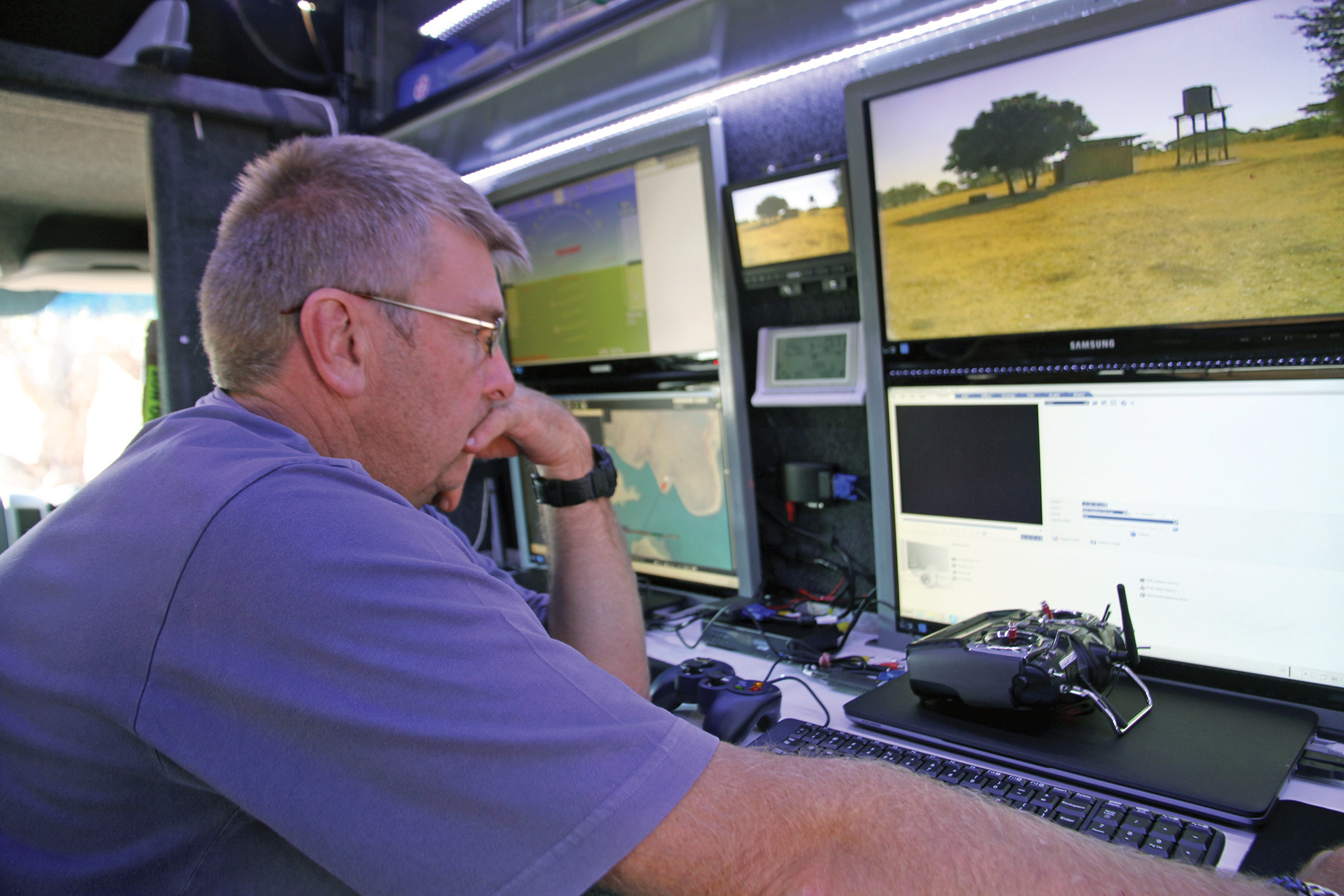DEFENCEWEB
Unmanned aerial vehicles (UAVs) are flying hundreds of missions over South Africa’s Kruger National Park as part of a yearlong project to gauge their effectiveness in combating rhino poaching.
The results so far have been positive. “By the end of the project, we will have a lot of information about the use of available technology in anti-poaching operations and be able to make informed decisions on what is best for our environment,” said Kuseni Dlamini, chairman of the South Africa National Parks (SANParks) board.
A South African company, UAV and Drone Solutions (UDS), is flying the UAVs. After the yearlong evaluation is up, SANParks will decide whether to use them permanently. UDS said it is using about 10 UAVs, including battery- and petrol-powered drones. Some have fixed wings, and some are multirotor devices. The UAVs are locally assembled with components designed and built in South Africa.
In the future, UDS also will fly scale helicopters with a range of 50 kilometers and an endurance of 2.5 to 4 hours. Unmanned helicopters are more versatile than fixed-wing aircraft because they can take off and land vertically in thick bush, but they are far noisier than fixed-wing aircraft.
UDS said the aircraft of choice is an electric fixed-wing UAV with an endurance of 2.5 hours and a range of 30 kilometers. These are mostly flown at night with infrared cameras. The goal will be to fly low and slowly to find the poachers on the ground.
The aim of using UAVs to combat poaching is twofold: to catch poachers and to deter them from poaching. UDS said it hopes to make UAV technology user-friendly and affordable so it can be deployed across Africa to conservation hot spots to protect wildlife.


Comments are closed.